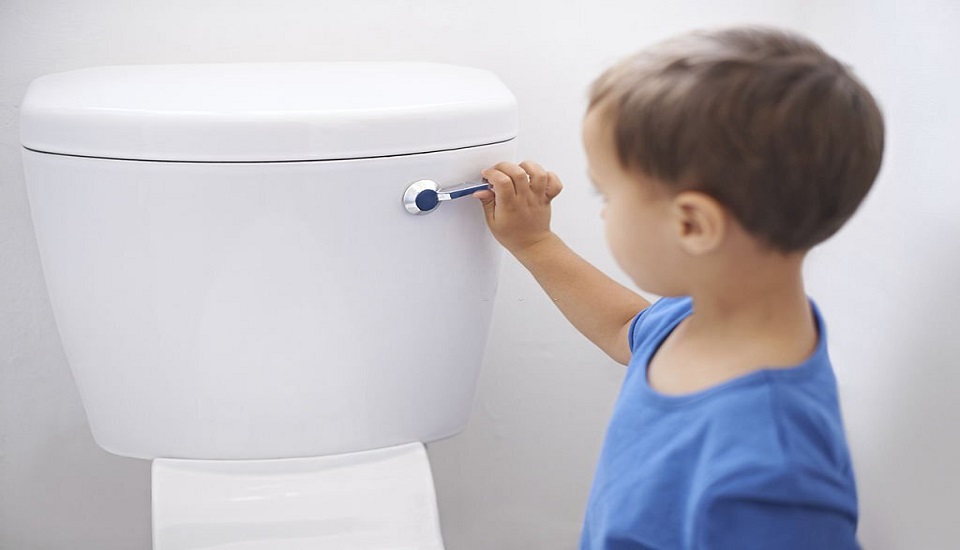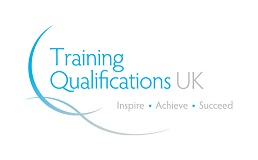5 Helpful Toilet Training Tips For Children With Special Needs
15th June 2022

Toilet training at first may seem like a daunting task under any circumstances. Having special needs can make potty training tough, depending on the kind and seriousness of the special need. Toilet training generally works best when parents of children with special needs have access to the direction, training, and encouragement of their paediatrician, other qualified professionals, or support groups.
Usually, most kids display signs of physical willingness to start using the toilet as toddlers between 18 months and 3 years of age. But then again, not all children have the knowledge and/or psychological readiness to be potty skilled at this age. Let us see how can you help your child in this regard.
Major Potty-Training Challenges
Children with special needs face problems with potty training that includes the knowledge to get on the potty and getting unclothed. Here special potty chairs, as well as other variations, may require to be made for these kids.
Some of the common potty-training problems include anxiety, refusal to use the potty, and attempts to delay or avoid defecation. Furthermore, it's very common for children to have daytime accidents and wet the bed. Kids may also feel unwilling to use toilet amenities when they are away from home.
Ways To Potty Train Children with Special Needs
Here are some of the effective potty-training tips curated by experts -
- Search For the Signs
There are several signs that they may show that your child is prepared for potty training. Like is your kid uncomfortable when they’re wet or soiled? Are they demonstrating when they need to use the restroom? Try to start with one epic potty-training weekend, let your kid spend the day naked, and give him/her plenty of fluids. It’s a great way to jump in with both feet.
- Model Toileting Habits
Modelling or demonstrating toileting habits is yet another good technique. Here, you will allow your child to see family members or other kids using the toilet by using observational remarks. This encompasses narrating what is happening and asking questions while potty training and so on.
- Use Tangible Symbols
If your kid doesn’t have the direction for signs, you may want to try using perceptible symbols. Keep these signs convenient so your child can communicate their requirement to use the potty by simply touching the symbol. Here, a good symbol to use for the bathroom is a piece of remainder tile. Most bathrooms have tile in them somewhere and the tile will feel suggestive of the toilet itself.
- Reward Wins
When your child does the work successfully, be sure to praise them! Also, have a treat of some sort of reward. Keep a hoard of it handy to reward wins and make potty time all the more tempting. Also, feel free to party a little every time they get it precise. Praise, cheers, and hugs can be even better than many more things.
- Speak To A Professional
Don’t be too hard on yourself. Moreover, to deliver the best care for your child, you need to make sure you are taking care of yourself as well. With proper help, numerous children with special needs can be potty trained by the age of 3 to 5 years.
The Bottom Line
It is necessary to remember that your child may have a different timeline for potty training. Be patient and understanding. Potty training is essentially teaching the child how to sense when these organsare approaching their capacity. Special Education courses for parents are something that will help you to nurture a special child effectively.
Willing to earn a certificate in Special Education courses for parents?
Contact us - 1800-212-6400.








